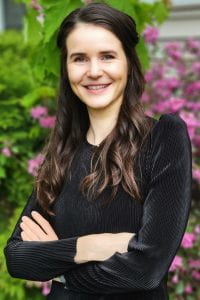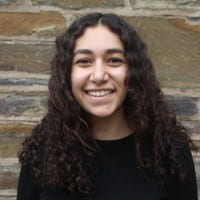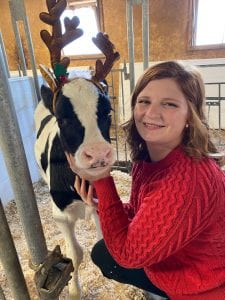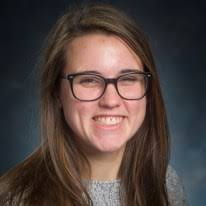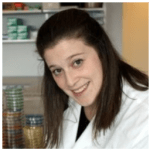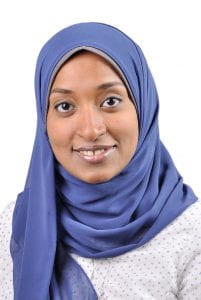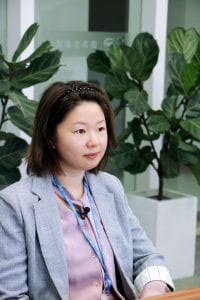 Yichang Liu, Analysis Methods R&D Expert at Yili Group
Yichang Liu, Analysis Methods R&D Expert at Yili Group
“Cornell means more than a great reputation and an easy start. Cornell taught me that food safety is essential and risks are controllable through our effort.”
What is your background and how did you become interested in the dairy/food industry?
I grew up in a small town in China and became interested in biological sciences since very young. At that time, the path was clear for a kid: to study hard, to gain great test scores, and to become a scientist doing cutting-edge research. Not until the 2008 melamine scandal, I realized that food safety matters in my and everyone’s daily life, but factories and farms still sounded too far away from my life. During college, I got the chance to study as an exchange student at the University of California, Davis where I learned how biological knowledge could be applied to food system improvement. It revealed to me the possibility of combining my interest in sciences and food safety.
What was your Cornell experience like? (i.e. coursework, dairy related activities, internships, jobs, etc.)
I entered the Ph.D. program of the Department of Food Science at Cornell with a focus on food microbiology and gained so much more than I’ve expected. In the Food Safety Lab, I have received great academic training and been supported to explore the basic scientific knowledge of food microbes by high-throughput sequencing. I not only developed my technical skills but also was involved in several industry-related research projects. Thanks to the cooperation between the FSL and many food companies including the Yili Group, my current employer, we never forgot to link our in-lab research with out-of-lab applications.
Cornell also offered a lot of professional activities. I’ve always been excited with Dairy Extension Workshops and activities, where I got to know the dairy industry from how to clean a niche, to make cheese, to overall quality management. I also conducted monthly environmental sampling in the pilot plant, which provided me hands-on experience of quality control in food plants. Alumni activities opened a window for me to the work life in the industry.
What I appreciate most about Cornell is its diversity and the opportunities provided. “Any person, any field”. As a graduate, I was sponsored to attend academic conferences like ASM Microbe to meet researchers from all over the world. During the SMART program, I went to Kenya to help local farmer groups to develop their multi-legume porridge mix and to provide business and quality training. I have visited food factories and farms for the 1st time in my life, and soon 2nd, 3rd….
One thing at Cornell I feel ultimately grateful for is that for someone who jumps into a new field like food science to me, I could easily find some role models around me, my lab mates, professors, and everyone I met in the department showed me what a researcher/scientist/professional means. It pushes me to constantly improve myself to reach a higher standard set by those people I respect and love.
What is your current role in the food industry, and how does it impact the dairy industry?
My current role is the Analysis Methods R&D Expert for the Yili Group in China. As the largest dairy company in China, Yili offers the most comprehensive range of products. In the department of quality management, I work as a microbiology expert to lead lab projects for advanced detection and analysis methods, as well as to provide technical support to factories all over China. Every time I solve a tech problem in the lab, or provide EMP training to the plant staff, I feel that I am doing the right thing to help our dairy food towards higher quality.
How did your Cornell training impact your career in the dairy/food industry?
I can’t imagine a better start point in the food industry than graduation from Cornell. After graduation, I returned to China to seek a job. I got my first interview opportunity through a Cornell connection. Cornell means more than a great reputation and an easy start. Cornell taught me that food safety is essential and risks are controllable through our effort. Everything I learned at Cornell, microbiological knowledge, lab management, plant experience, statistical methods, food processing, and regulations, prepared me to perform better in the industry.

